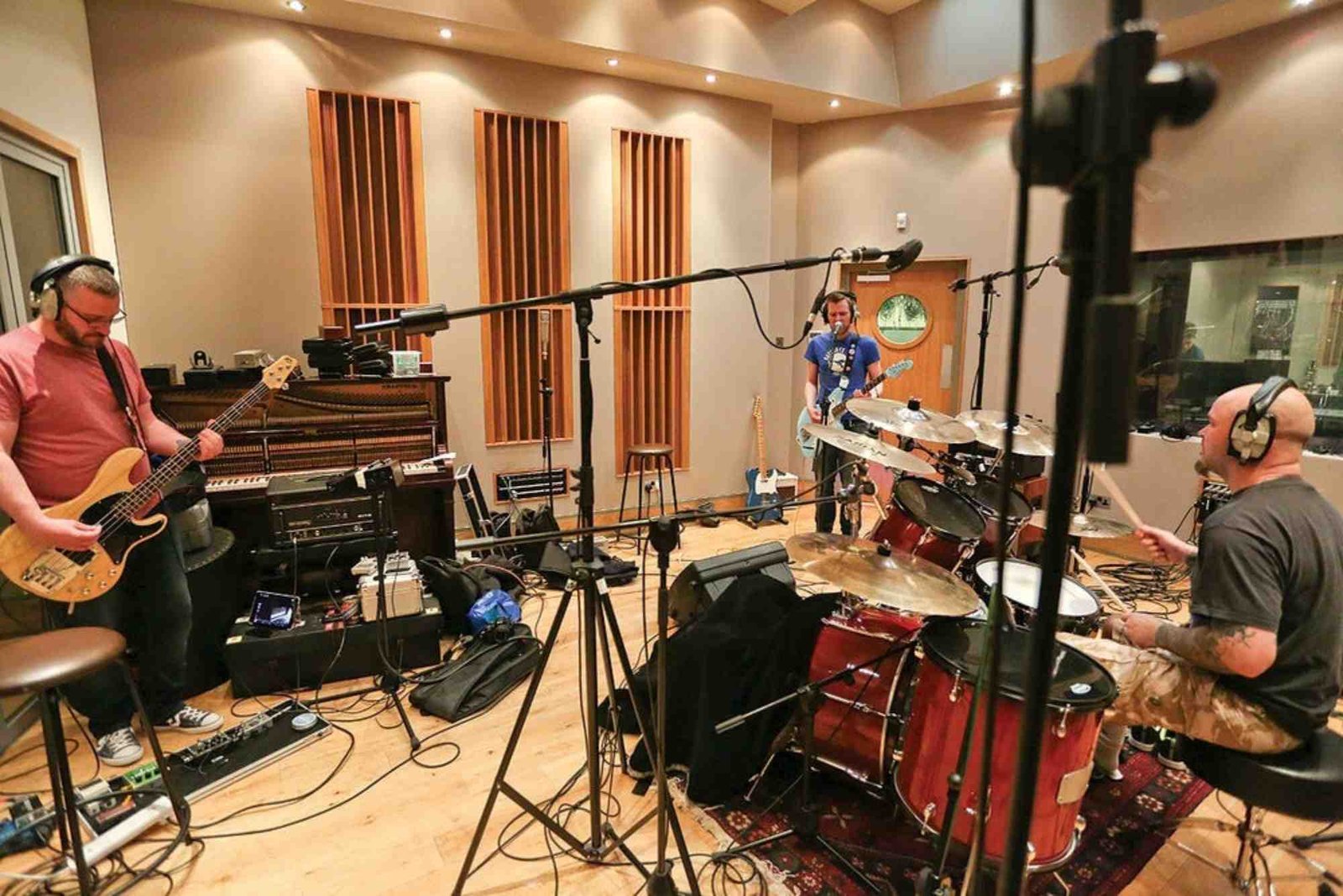Have you ever wondered how long you can last without food before your body begins to shut down? Whether you’re fasting intentionally, exploring health benefits, or simply curious, understanding the body’s survival mechanisms without food is both fascinating and essential. In this practical guide, we’ll explore what happens to your body when you stop eating, how long it can endure starvation, and the crucial factors that affect survival.
Understanding How the Body Responds to No Food
When food intake stops, your body quickly adapts to protect essential functions. Initially, it relies on stored energy sources—mainly glucose and fat—to keep vital organs working. In the first 24 hours, your body burns through glycogen stored in the liver and muscles. Once these stores are gone, it switches to fat for energy, entering a metabolic state called ketosis.
This adaptive process is the body’s way of conserving energy while prioritizing life-supporting systems such as the brain, heart, and lungs. However, this survival mechanism is not infinite. The duration a person can last without food depends heavily on individual health, hydration, and environmental conditions.
How Long Can Humans Survive Without Food?
While there’s no exact answer, research and documented cases suggest that most healthy adults can survive anywhere between 30 to 60 days without food—provided they have access to water. However, that doesn’t mean it’s safe or advisable to test these limits. The body’s ability to endure starvation diminishes significantly with dehydration, illness, or extreme temperatures.
In controlled fasting environments, such as supervised medical fasts or religious fasts, the body can safely go several days without food, but only under close observation. Once you cross the two-week mark, severe complications can arise, including muscle wasting, organ failure, and a compromised immune system.
The experience varies from person to person. For example, someone who engages in intense exercise—like an Orange Theory Mountain View workout—burns calories faster, depleting stored energy more rapidly than someone who is resting.
What Happens to the Body During Prolonged Fasting
Phase 1: Glycogen Depletion (0–24 Hours)
Within the first day of fasting, your body uses stored carbohydrates for energy. This is the easiest phase, as the body efficiently utilizes glucose for fuel. You may feel lightheaded or hungry, but it’s manageable.
Phase 2: Ketosis and Fat Burning (24 Hours–3 Days)
Once glycogen runs out, your body shifts to fat metabolism. Ketones become the primary energy source. Many people who practice intermittent fasting experience this phase, often reporting improved mental clarity and reduced hunger after the initial adjustment.
Phase 3: Muscle Breakdown and Starvation (3–14 Days and Beyond)
If fasting continues, the body begins breaking down muscle tissue for protein. Essential systems slow down, metabolism drops, and fatigue sets in. At this point, the risks outweigh any perceived benefits. Prolonged fasting can damage organs, weaken the heart, and lead to irreversible consequences.
Key Factors That Influence How Long You Can Survive Without Food
Several elements determine how long a person can live without food. Body composition plays a significant role—people with more body fat have slightly more energy reserves. Hydration is another critical factor; even mild dehydration can shorten survival time drastically.
Metabolic rate, overall health, and environmental temperature also matter. A person resting in a cool environment with adequate hydration can last longer than someone exposed to heat or engaging in strenuous activity. Medical conditions like diabetes or thyroid disorders can further alter the timeline.
The Importance of Staying Hydrated
While food provides energy, water is life itself. Without hydration, most people can only survive for about three to five days. Dehydration accelerates organ failure and leads to confusion, dizziness, and eventual collapse. During fasting or food deprivation, drinking water—or electrolyte-rich fluids—is critical.
Hydration helps flush toxins, regulate body temperature, and support vital organs even when no calories are consumed. It also alleviates symptoms like headaches, fatigue, and muscle cramps during short fasts.
Psychological Effects of Going Without Food
Fasting impacts not just the body but also the mind. In the first few days, irritability and mood swings are common. Concentration may waver as your brain adjusts to reduced glucose availability. Over time, some people report a sense of mental clarity due to increased ketone production.
However, in prolonged starvation, mental health can deteriorate. Depression, anxiety, and hallucinations may occur as nutritional deficiencies worsen. The body’s fight-or-flight response heightens, creating stress and agitation. That’s why long-term fasting should never be attempted without professional guidance.
Safe Fasting Practices and Health Considerations
If you’re considering fasting for health, religious, or detox purposes, it’s crucial to do so safely. Begin gradually, under supervision if possible. Start with intermittent fasting—such as the 16:8 method, where you fast for 16 hours and eat within an 8-hour window.
Avoid intense physical activity during longer fasts, especially high-intensity workouts like those at Orange Theory Mountain View, as these can accelerate dehydration and nutrient loss. Always listen to your body. If you feel dizzy, weak, or confused, it’s a sign to stop and refuel.
It’s also vital to break a fast properly. Begin with light, easily digestible foods—like fruits, soups, or smoothies—to allow your digestive system to readjust.
Health Risks of Starving for Too Long
Starvation triggers dangerous physiological changes. The immune system weakens, making infections more likely. Muscle tissue, including the heart, begins to waste away. Vitamin and mineral deficiencies develop, leading to anemia, poor wound healing, and neurological damage.
In severe cases, starvation can result in multiorgan failure or death. Even after reintroducing food, there’s a risk of refeeding syndrome—a life-threatening condition caused by rapid nutrient intake after long periods of deprivation.
FAQs About How Long You Can Last Without Food
1. Can you survive 30 days without food?
Some people have survived up to 30 days without food, but it’s extremely dangerous. Survival depends on water intake, body fat, and overall health.
2. What happens if you don’t eat for a week?
After a week without food, your body enters deep ketosis, and muscle breakdown increases. Fatigue, dizziness, and weakness become more pronounced.
3. How long can you survive without food but with water?
With adequate hydration, most individuals can last between 40 and 60 days, though this is highly variable and not safe to attempt.
4. What’s the difference between fasting and starvation?
Fasting is a controlled, temporary restriction of food, often for health or spiritual reasons. Starvation is prolonged and involuntary, leading to harm and potential death.
5. Can fasting help you lose weight safely?
Short-term fasting can aid weight loss when done correctly, but it should always include adequate hydration and balanced refeeding afterward.
Respect Your Body’s Limits
Understanding how long you can last without food isn’t just about survival—it’s about respecting the delicate balance of the human body. While short-term fasting can offer health benefits, prolonged deprivation is dangerous. Always prioritize hydration, listen to your body, and consult a healthcare professional before attempting extended fasts.
If you’re interested in nutrition and body health, check out this Related Food article for more practical wellness insights. For more guides on food and survival, visit How Long Can You Last Without Food. And if you’d like to explore reliable resources on health and technology, Learn more.
Fasting can be a powerful tool when used wisely—but understanding the limits of the human body is key to keeping it safe and beneficial. Always approach fasting with knowledge, caution, and respect for your body’s remarkable resilience.








